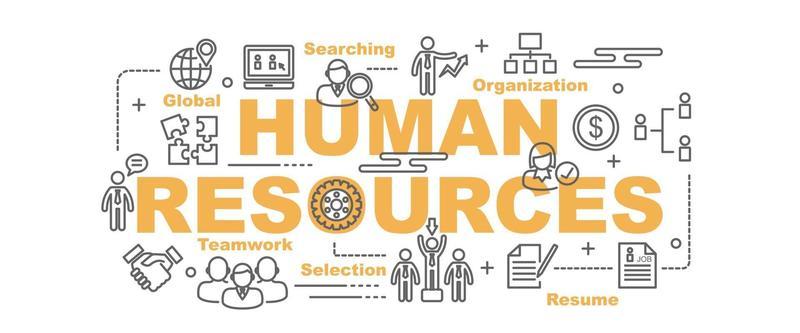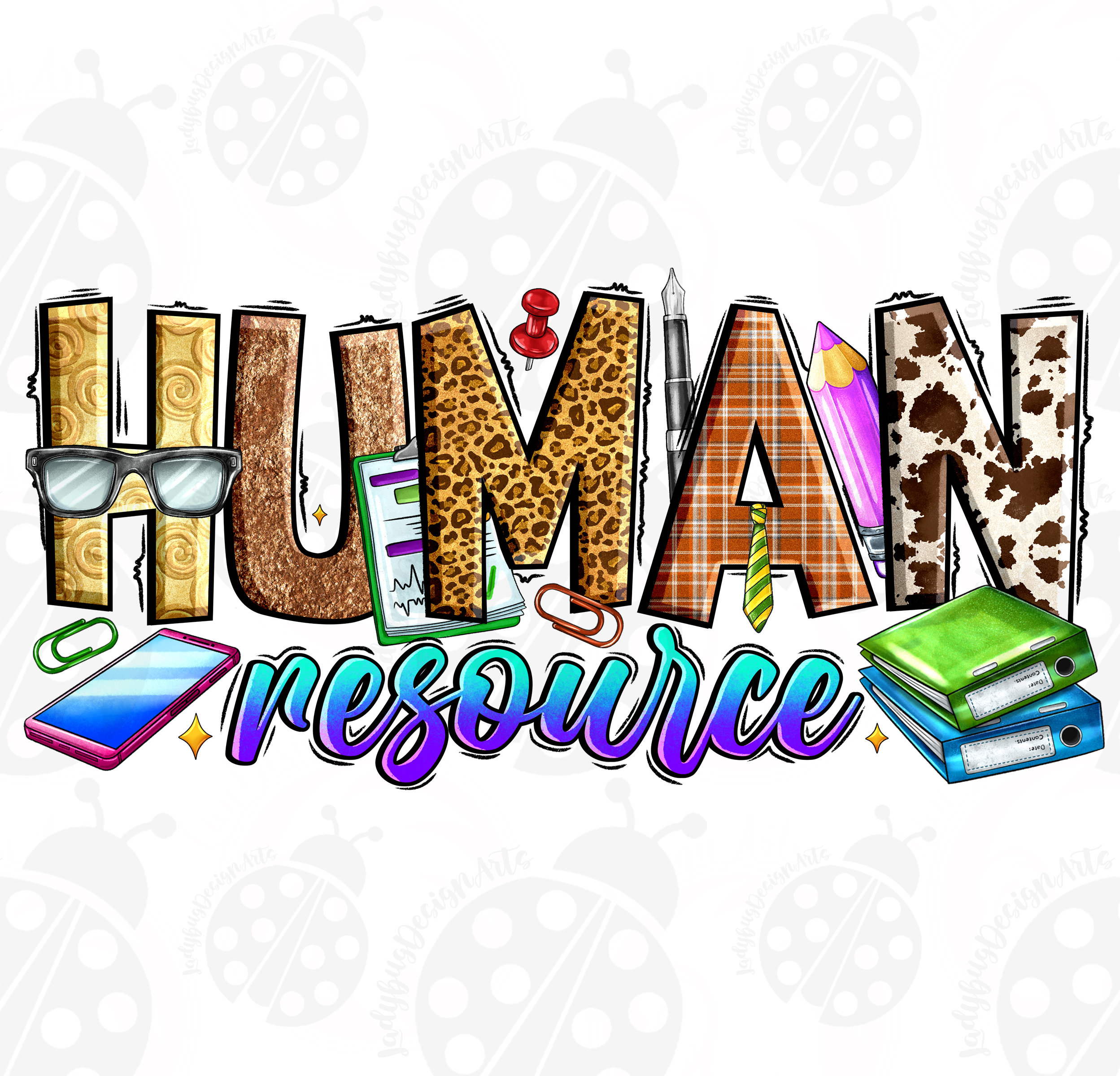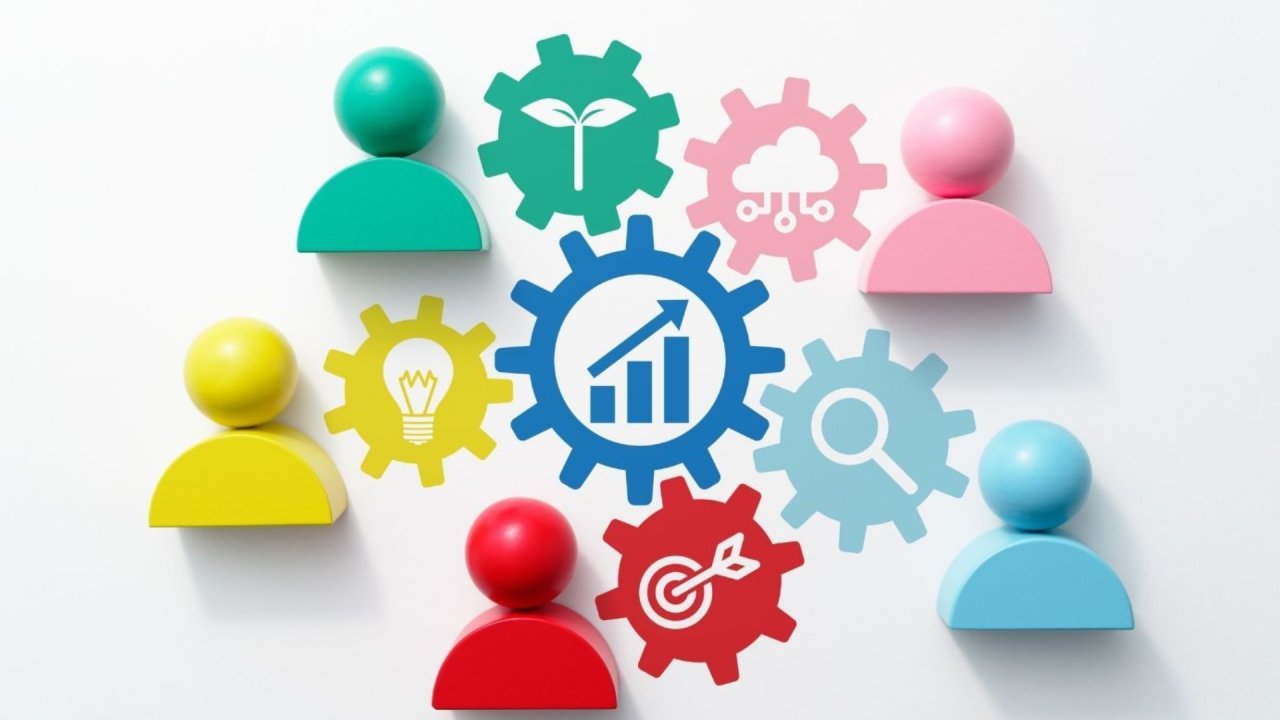
How can we help you today?
Registered Office
Infowan Technologies Pvt Ltd
Mumbai-401107. INDIA.
Contact Details
+91 98201 97205
+91 98201 26871
+91 98670 74415
support@infowan.net
info@infowan.net

What is human resources? It's the heart of every organization — responsible for hiring, training, managing, and supporting the people who power a company's success. Whether you're building a startup or managing an established business, understanding human resources is vital to staying competitive and compliant in today's workplace.
This comprehensive guide explains what is human resources, the deeper human resources meaning, what effective human resources management looks like, and includes real human resources examples to help you visualize HR's role in modern businesses. We'll also explore how technology has made managing HR easier and more efficient than ever before.
Whether you're trying to understand what is a payroll company or looking to adopt digital tools for HR, knowing what human resources encompasses is critical.
What is human resources? In simple terms, it is the department or function in a business that manages all aspects related to its employees. From recruiting top talent to handling payroll, from organizing training sessions to managing workplace conflicts — everything falls under the umbrella of HR.
In the past, HR was often limited to paperwork, attendance, and hiring. But today, the scope of what is human resources has expanded dramatically. HR teams are expected to be strategic partners who help shape organizational culture, ensure compliance with labor laws, and drive employee performance.
InfowanHR offers HRMS softwares in Mumbai to help you meet modern HR expectations with ease.
The essence of what is human resources lies in managing people as assets — not just workers. HR is about investing in your people to create a productive, happy, and loyal workforce that aligns with your business goals.
The true human resources meaning goes beyond simple tasks. It reflects the broader responsibility of helping people thrive within a company.
When we talk about human resources meaning in modern business, we are referring to:
In this context, what is human resources is more than a department. It's a key driver of innovation, employee retention, and business growth. As organizations evolve, so too does the human resources meaning — shifting from administrative support to people strategy leadership.
Now that we've discussed what is human resources, it's important to explore human resources management — often shortened to HRM.
Human resources management refers to the systems, strategies, and processes used to recruit, develop, retain, and motivate employees. It's how organizations manage their workforce to improve productivity, reduce turnover, and achieve business goals.

Effective human resources management ensures that the right people are in the right roles and that they feel supported, motivated, and aligned with the company's mission. This is why understanding both what is human resources and how HRM functions is crucial for any business leader.
HR software is especially useful for tracking KPIs, performance reviews, and building a transparent growth plan for every employee.
To better understand what is human resources, it helps to look at real-life human resources examples. These practical examples show how HR contributes to business success every day.

Here are common human resources examples found in successful companies:
Launching creative hiring initiatives on LinkedIn or job portals to attract top talent.
Developing onboarding programs and ongoing training workshops for skill development.
Accurately calculating salaries, taxes, and managing health insurance or retirement benefits.
Mediating disputes between employees and ensuring workplace harmony.
A retail chain manages over 1,000 employees using HR and payroll software India to ensure timely salary disbursement and statutory filings.
These human resources examples demonstrate the wide scope of HR work. They also highlight the importance of understanding what is human resources from a practical, day-to-day perspective.
Knowing what is human resources also involves understanding what HR professionals do daily. Here are the core functions performed by most HR departments:
Each of these tasks contributes to smooth business operations. The better a company understands what is human resources, the more effectively it can support and scale its workforce.
When considering what is human resources, companies must also decide how to structure it. Should you hire an in-house HR team or outsource your HR functions?

Here are the key differences:
For many companies, using HRMS tools like InfowanHR bridges the gap — providing powerful automation while keeping operations efficient and compliant.
As we explore what is human resources, it's impossible to ignore how technology has revolutionized this space.

Modern Human Resource Management Systems (HRMS) make it easier to manage HR tasks like:
Streamlining salary calculations and statutory deductions.
Tracking employee leave, attendance, and overtime digitally.
Managing employee transitions efficiently.
Conducting appraisals and feedback loops systematically.
By using an HRMS solution like InfowanHR, businesses save time, reduce manual errors, and improve employee satisfaction. Understanding what is human resources in today's digital world means embracing automation to stay competitive.
InfowanHR's powerful HRMS and Payroll solution helps you manage attendance, leave, performance, payroll, compliance, and more — all from one easy-to-use platform.
Save time. Stay compliant. Empower your people. Book Your Free Demo with InfowanHR Today!
So, what is human resources? It is far more than just a department — it is the strategic backbone of any successful organization. HR supports employee growth, ensures compliance, boosts productivity, and builds a strong company culture.
Throughout this guide, we explored the evolving human resources meaning, detailed human resources management practices, and shared useful human resources examples that show HR's real value.
If your business is ready to streamline HR processes and focus more on people than paperwork, it's time to take the next step.
Q1. What is human resources in simple words?
Human resources refers to the department or function responsible for managing employees — from hiring and training to payroll and compliance.
Q2. Why is human resources important in a company?
HR ensures that employees are productive, satisfied, and aligned with business goals. It also helps companies stay compliant with labor laws.
Q3. What are common human resources examples?
Examples include hiring new staff, running employee training sessions, managing payroll, handling benefits, and resolving conflicts.
Q4. What is human resources management?
Human resources management involves planning, organizing, and executing strategies to manage and develop a company's workforce.
Q5. How does HR improve employee performance?
HR improves performance by setting clear expectations, tracking progress, offering training, and providing feedback through reviews.
Q6. Can small businesses benefit from HR tools?
Absolutely. HR tools help small businesses manage people efficiently, reduce paperwork, and ensure compliance with legal regulations.
Q7. Is outsourcing human resources a good idea?
Yes. For many businesses, outsourcing HR functions can save time, reduce costs, and provide access to expert services.
Q8. What role does technology play in human resources?
Technology automates repetitive tasks, enhances accuracy, and improves employee experiences through self-service portals and real-time tracking.
Best HR Software in India | Top HR Software in India | What is an HR System? | Online HR Management Software | Best Payroll Software in India | Employee Payroll Management System | What is a Payroll System? | What is Payroll? | What is HRMS? | What is HR Management? | 7 Roles of HRM | What is Human Resources? | Top HR Interview Questions | What is HR? | HR Analytics Explained | What is HR Compliance? | Human Resource Management Guide | Best HRMS System | HR Management System Software | HR Software for Small Business | Best HRMS Employee Self Service | What are the Functions of HRM | Functions of HRM | Human Resource Accounting | Difference Between HRM and HRD | Best HRMS Software in India | Top HRMS Software in India | HRMS Companies in India | What is 3rd party payroll | Payroll Software list | What is payroll management in HR